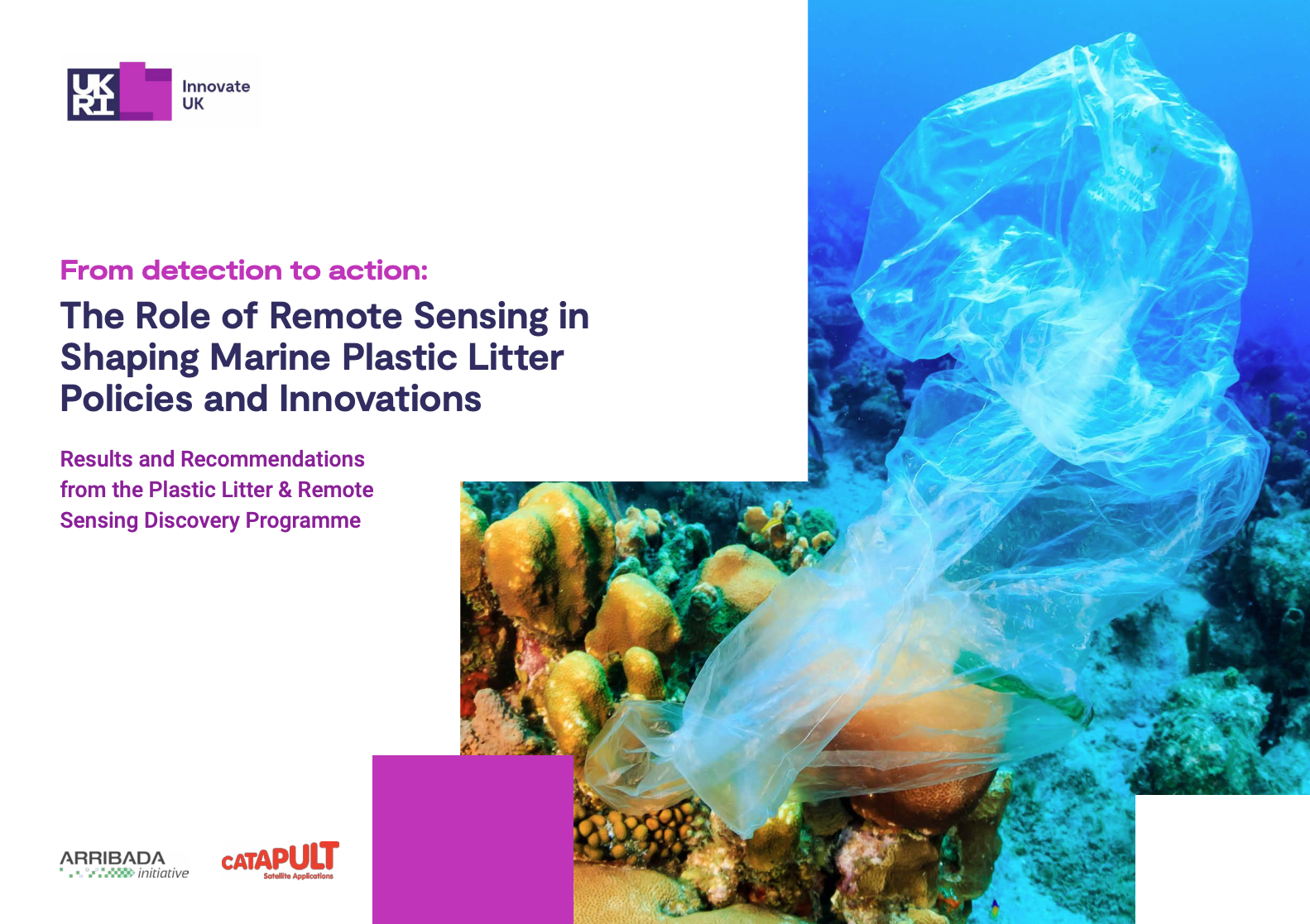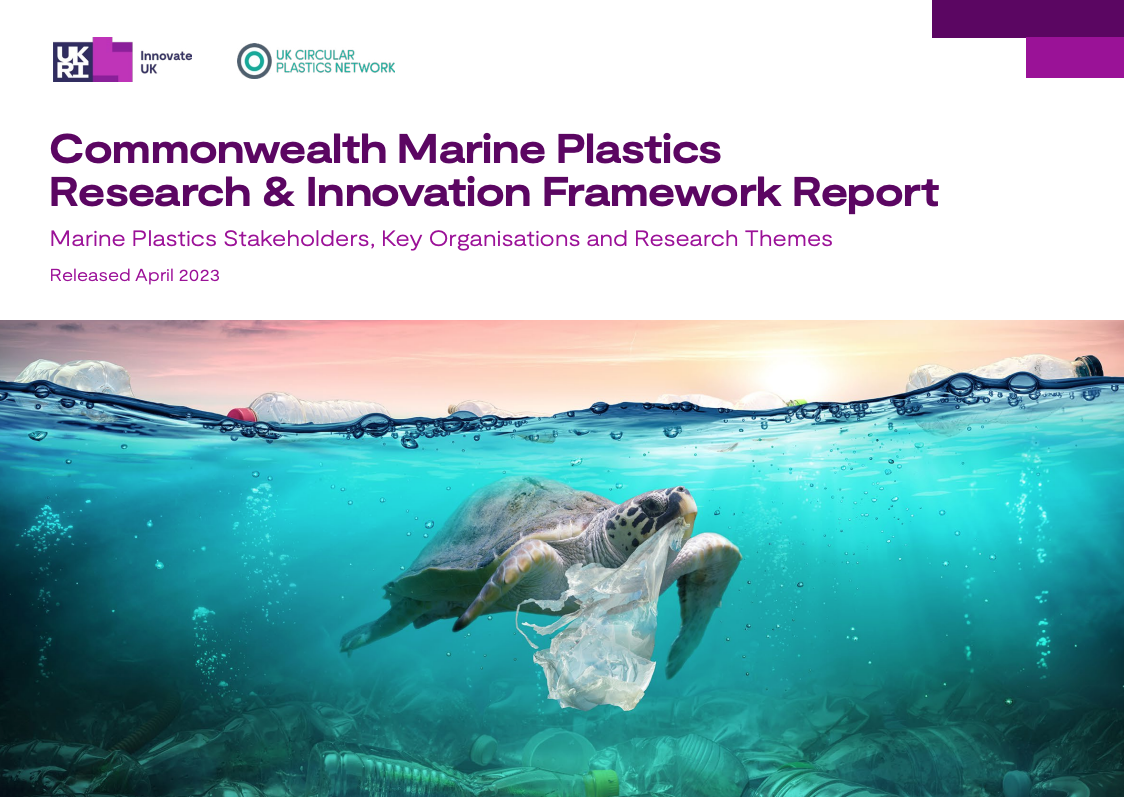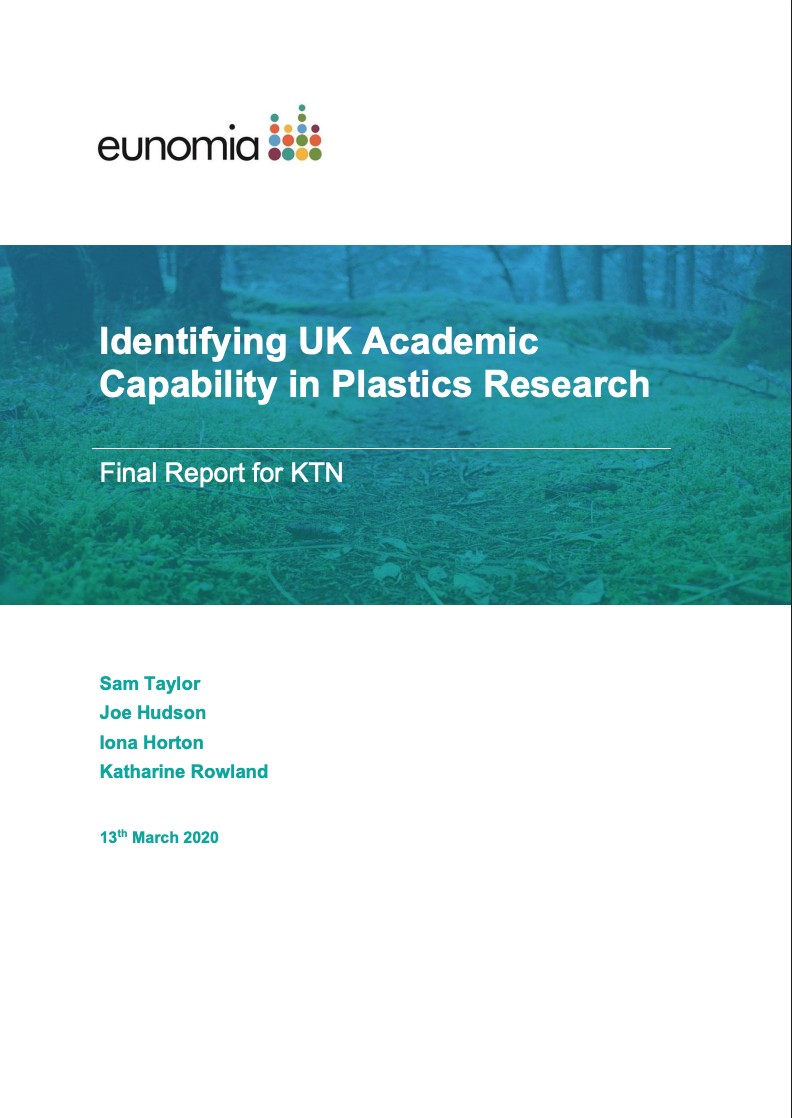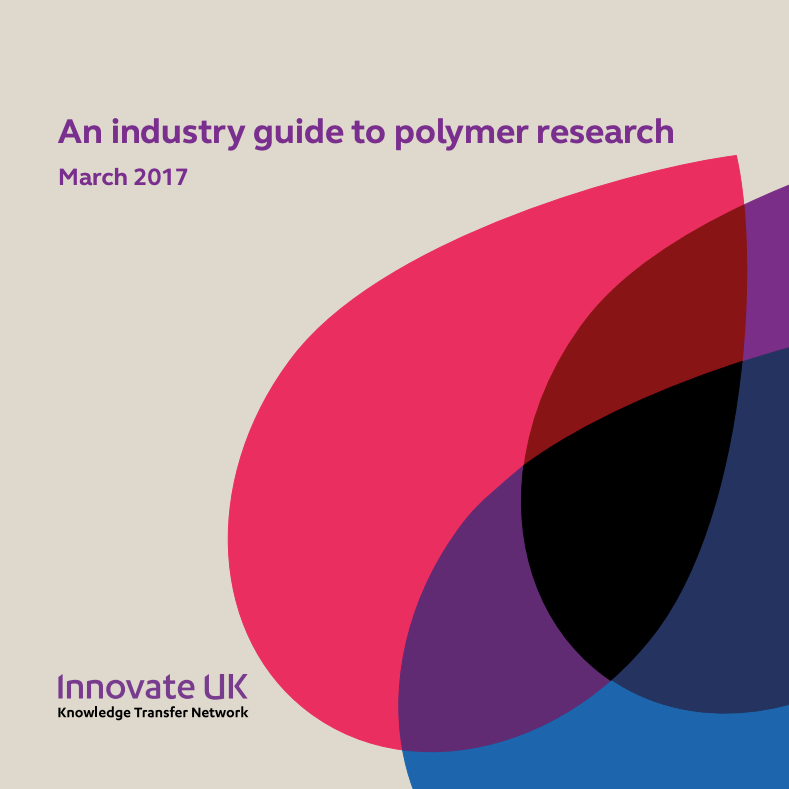The impact of polymer in textiles cannot be understated: Nearly all textile fibres are made from polymers, whether they are polyester, cotton, nylon, wool, or some other niche material. Broadly, around 60% of those are synthetic polymers, which are plastics. Polyester accounts for nearly all synthetic polymers, with a small amount of nylon making up the rest. So fibres constructed from fossil sources make up well over half of the total amount of textile produced globally, and this figure is increasing because polyester costs less than cotton.
Impact of Polymers in Textiles
In 2017, European households consumed about 13 million tonnes of textile products (clothing, footwear and household textiles). Synthetic fibres, such as polyester and nylon, make up about 60% of clothing and 70% of household textiles. Synthetic textiles affect the environment and climate throughout their lifecycle through resource use, and the emission of greenhouse gases and pollutants. In addition, between 200,000 and 500,000 tonnes of microplastics from textiles enter the marine environment each year. In contrast to cotton, the production of synthetic fibres does not use agricultural resources, toxic pesticides or fertilisers. EU consumers discard about 5.8 million tonnes of textiles annually around 11 kg per person – of which about two thirds consist of synthetic fibres. In Europe, about one third of textile waste is collected separately, and a large part is exported. Promoting sustainable fibre choices and control of microplastic emissions, and improving separate collection, reuse and recycling, have the potential to improve the sustainability and circularity of synthetic textiles in a circular economy.
Textiles consumption
The global consumption of synthetic fibres increased from a few thousand tonnes in 1940 to more than 60 million tonnes in 2018, and it continues to rise. Since the late 1990s, polyester has surpassed cotton as the fibre most commonly used in textiles. While the majority of synthetic textile fibres are produced in Asia, Europe stands out as the world’s largest importer of synthetic fibres by trade value (Birkbeck, 2020) and also produces and exports such fibres (remove this last bit in pink). Estimates of textile consumption per person in Europe are uncertain, ranging from 9 to 27 kg per person. Synthetic fibres are cheap and versatile, enabling the production of cheap, fast fashion and high-performance textiles for durable clothing. The EU production of synthetic fibres totalled 2.24 million tonnes in 2018: 1.78 million tonnes were imported, 0.36 million tonnes exported and 3.66 million tonnes consumed.
The Challenges
Textiles are a very complex product in terms of their construction and use a wide variety of materials including polymers. Often the textile uses mixed materials such a polyester and cotton adding to the challenge of recycling.
The first challenge for the textiles industry is to identify the materials being used in the textile, the second is to sort the waste textile into appropriate stream for recycling and the third is to separate the materials and recycle (into appropriate streams), reuse (fibres) and remanufacture (as appropriate).
In addition to the overall challenge highlighted the production process generates waste materials and some of these are polymeric in nature and challenging to the environment such as microfibres. There is a need to manage these as well as looking to minimising all waste and energy use.
In terms of waste there is a lack of data or a central data point relating to textiles waste and its management, what the implications for downstream processing are to divert more textiles away from residual waste, the quality and quantity of textile materials in residual waste and what material is recovered and re-incorporated into new product or can be.
Activities in the textiles life cycle
GM Sustainable Textiles and Fashion Group: The GM Sustainable Textiles and Fashion Group is dedicated to reducing the environmental footprint of fashion and textile consumption in the NW through actions in all parts of the product life cycle. The initiative emerged from preliminary work undertaken as part of the University’s contribution to the multi-partner EU Interreg project REDUCES.
Worn Again Technologies: Worn Again Technologies has completed its latest funding round, raising GBP 27.6 million to support the construction of an innovative textile recycling demonstration plant in Winterthur, Switzerland. This achievement represents a milestone in the commercialisation of circular strategies for hard-to-recycle fabric blends.
UKRI Interdisciplinary Textiles Circularity Centre: The UKRI Textiles Circularity Centre – funded by the UK Research & Innovation National Interdisciplinary Circular Economy Research programme – is undertaking fundamental research into a circular textiles economy for the UK SME apparel-fashion industry based on producing high value textiles from bio waste to propose an alternative to the current highly polluting fast fashion model.








